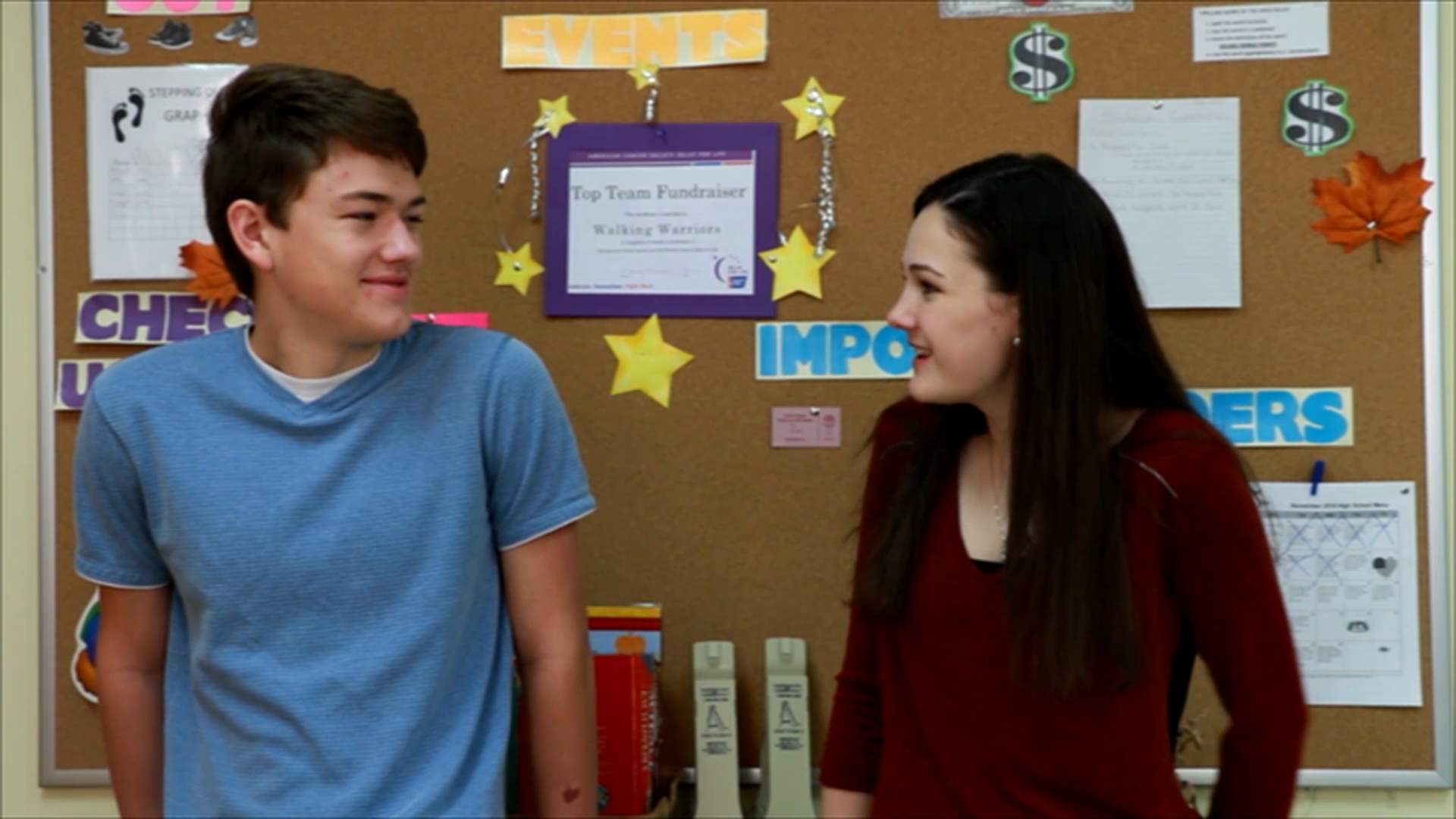
Introduction
Engaging in meaningful conversations is a vital skill for students to develop as they grow. By learning to ask about others’ interests and actively participate in discussions, kindergarten students can build strong social connections. This blog post will introduce an easy, no-prep activity to teach students how to ask questions and make comments about topics their peers enjoy. Additionally, we’ll provide discussion questions and related skills to help educators create a comprehensive learning experience.
No-Prep Activity
This no-prep activity is called “Find a Friend.” The goal is to encourage students to engage in conversations by asking questions and making comments about their peers’ interests. Here’s how to conduct the activity:
- Ask students to sit in a circle.
- Explain that they will take turns asking questions and making comments about their classmates’ interests.
- Choose a student to start the activity. They should ask a question about a classmate’s interest (e.g., “Do you like to play soccer?”).
- The classmate should respond and provide additional information (e.g., “Yes, I played a game last night, and we won!”).
- The first student should then make a comment based on the information provided (e.g., “Wow, that’s great! I bet it was a fun game.”) and ask another question.
- Continue the activity, allowing each student to ask questions and make comments about their peers’ interests.
This activity helps students practice active listening and learn more about their classmates, fostering empathy and understanding.
Discussion Questions
After completing the activity, use these discussion questions to further explore the concept of engaging in conversations:
- Why is it important to ask questions and make comments about our friends’ interests?
- How does active listening help us have better conversations?
- What are some examples of good questions to ask when talking to someone about their interests?
- How can we show that we care about our friends’ interests?
- Why is it important to talk about topics that our friends enjoy, not just our interests?
Related Skills
Beyond engaging in conversations, there are several related skills that kindergarten students can benefit from learning. These include:
- Active Listening: Paying close attention to what someone is saying, making eye contact, and providing feedback through nods or verbal affirmations.
- Empathy: Understanding and sharing the feelings of others, which can be fostered by discussing and learning about their interests.
- Turn-taking: Practicing patience and allowing others to speak during conversations without interrupting.
- Nonverbal Communication: Recognizing and interpreting body language, facial expressions, and gestures to better understand the emotions and thoughts of others.
Next Steps
Teaching students to engage in conversations is just the beginning of their social-emotional learning journey. To access free sample materials on this skill and others, visit Everyday Speech’s sample materials page. By incorporating these resources into your classroom, you’ll help your kindergarten students build strong social connections and foster their overall development.

